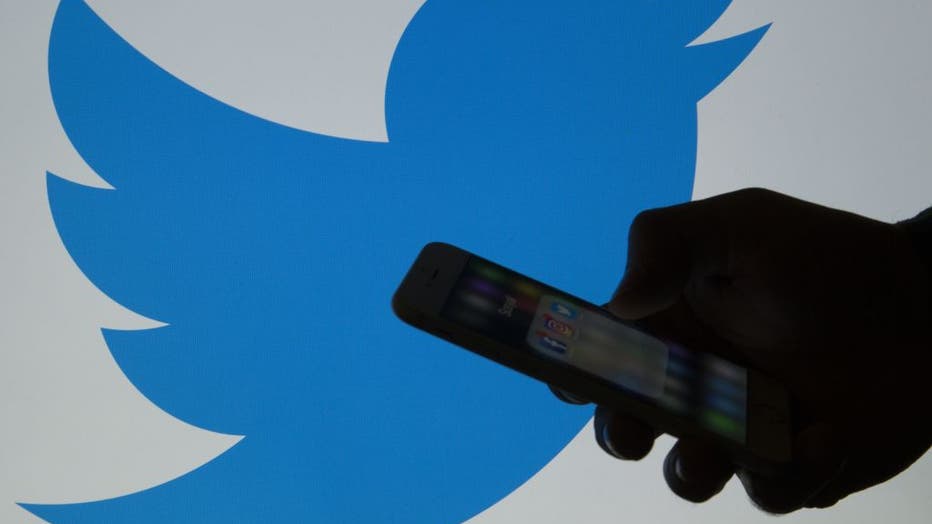Far-right influencer 'Ricky Vaughn' arrested on charges of spreading disinformation to suppress 2016 voters
NEW YORK - A Florida man known as an influential far-right propagandist online was arrested Wednesday on charges that he used social media to spread disinformation in an effort to suppress votes for Democratic nominee Hillary Clinton in the 2016 presidential election, federal prosecutors said.
Douglass Mackey, 31, known on the internet as "Ricky Vaughn," is accused of anonymously conspiring with others in late 2016 to use Twitter and other social media to try to trick Clinton supporters to vote via text instead of casting an actual ballot, according to a criminal complaint.
Prosecutors said as a result of the misinformation campaign, at least 4,900 unique phone numbers texted the number in an apparent effort to cast votes for Clinton.
The alleged scheme "amounted to nothing short of vote theft," said William Sweeney, head of the FBI office in New York City, where the charges were filed. "It is illegal behavior and contributes to the erosion of the public’s trust in our electoral processes."
"He may have been a powerful social media influencer at the time, but a quick Internet search of his name today will reveal an entirely different story," Sweeney added.

FILE - A picture shows a man holding a cellphone in front of the Twitter logo on March 16, 2017. (Photo by Gokhan Balci/Anadolu Agency/Getty Images)
At the time of the alleged fraud, Mackey had 58,000 followers on Twitter and was considered an "important influencer" in the upcoming election won by former President Donald Trump, prosecutors said. He had described himself as an "American nationalist" who regularly retweeted Trump and promoted conspiracy theories about voter fraud by Democrats.
A February 2016 analysis by the MIT Media Lab ranked Mackey as the 107th most important influencer of the then-upcoming presidential election, ranking his account above outlets and individuals such as NBC News (#114), Stephen Colbert (#119) and Newt Gingrich (#141), the complaint says.
RELATED: Twitter to remove false claims about coronavirus vaccines, add label to misleading tweets
The complaint accused Mackey of working with four unnamed co-conspirators to spread disinformation claiming that people could vote for Clinton by posting a specific hashtag on Twitter or Facebook, or by texting Clinton’s name to a fake text code.
One tweet he sent showed a photo of a Black woman with a Clinton campaign sign, encouraging people to "avoid the line" and "vote from home," the complaint said.
Prosecutors said records show the post was retweeted 175 times, and that there were at least 4,900 responses from phone numbers using the the fake text code, including some from people in New York.
In October 2016, Twitter suspended Mackey’s account for "participating in targeted abuse," the court papers said. Using another social-messaging network, he wrote, "Don’t worry, I will return to twitter soon," and used an associate to establish another account, the papers said.
Twitter worked "closely with appropriate authorities on the issue," the company said in a statement.
Mackey was expected to be released on $50,000 bond following an initial court appearance in West Palm Beach, prosecutors said. If convicted of conspiracy charges, Mackey could face up to 10 years in prison.
RELATED: Twitter launches ‘pre-bunk’ feature to combat misinformation ahead of 2020 election
The Associated Press contributed to this report. It was reported from Cincinnati.


